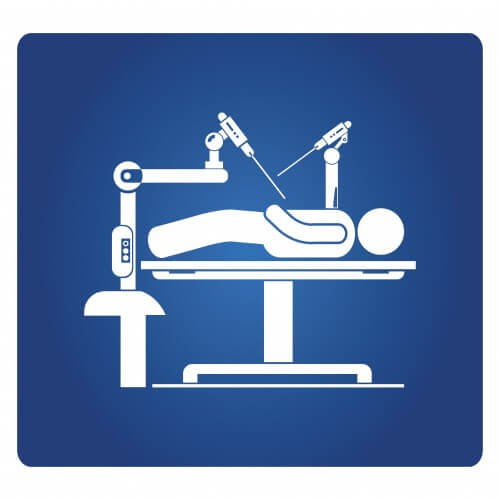A new study found one of the areas in the brain responsible for the perception of the hardness of objects. The results of the study allow researchers to influence the perception of stiffness, which in the future can be translated into the development of means to rehabilitate people suffering from dysfunction of the sensory system and to add sensation to remote robotic operating systems and robot-assisted surgeries

When we go to pick a fruit we examine whether it is ripe or not by examining its hardness. Although the action of examining the hardness of objects is carried out on a daily basis, as in the example of choosing fruit, our hands do not have sensors that are capable of measuring hardness and the same calculation is only done in the brain. Dr. Ilana Nisky and Dr. Raz Leib from the Department of Biomedical Engineering and the Zalotovsky Center for Brain Research at Ben-Gurion University of the Negev, together with partners from University College London, found one of the areas in the brain responsible for perceiving the hardness of objects.
In a study recently published in the Journal of Neuroscience and even appearing on the cover of the journal, the researchers showed that an area of the brain called the Posterior Parietal Cortex (PPC) is associated with a mechanism that estimates the hardness of objects by combining information about the position of the hand and the force we feel while touching the object. To do this, they used magnetic stimulation (TMS) of the PPC and thus affected the hardness calculation and made the subjects think that the objects they were touching were softer compared to their true hardness.
"These results show for the first time that the PPC is an area of the brain where our representation of rigidity is built," said Dr. Nisky, "These results are particularly important because they showed that this area of the brain is related to perception and not only in the context of planning movements as previously thought." In the future, the researchers hope that they will be able to use these results to influence the perception of stiffness, for example in robotic systems for remote surgeries, or in the development of means to rehabilitate people suffering from dysfunction of the sensory system.
The research was carried out in collaboration with the late Prof. Amir Karniel, Prof. Ofer Donhin, Dr. Firas Moassi and Dr. Marco Devara and Prof. John Rothwell from University College of London. The study was funded by a research grant from the National Science Foundation and by the initiative for Agricultural, Biological, and Cognitive Robotics (ABC Robotics) of Ben-Gurion University of the Negev

One response
I must say that the combination of the title and the picture made me think that the article will deal with a completely different kind of toughness.